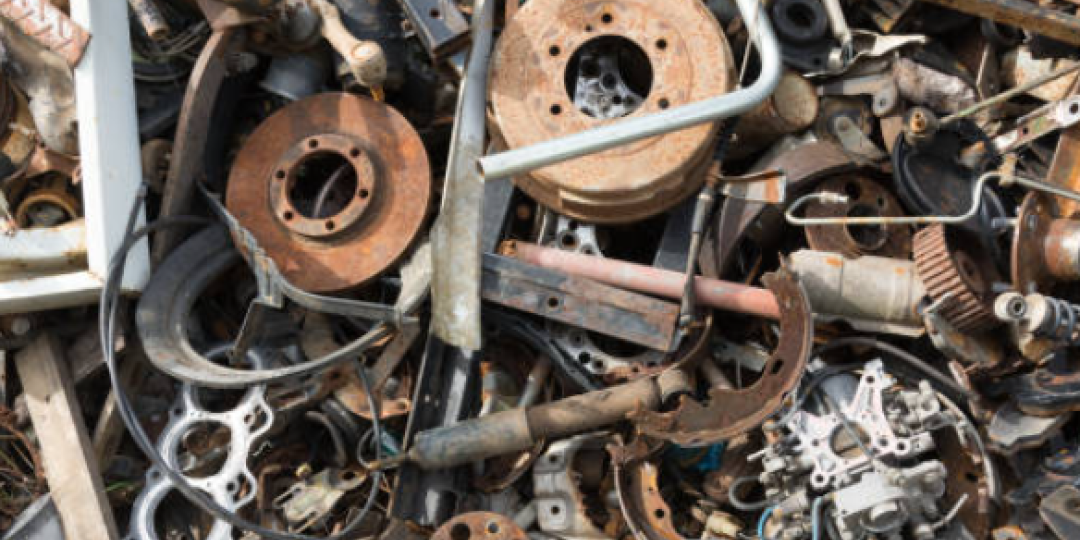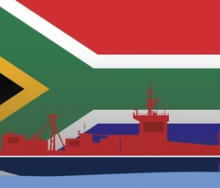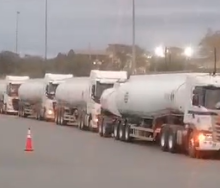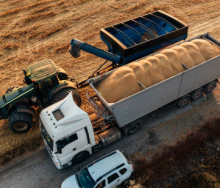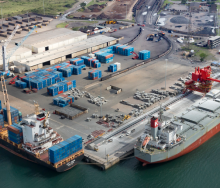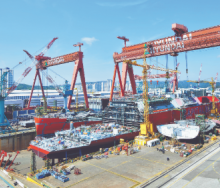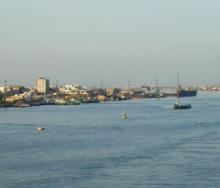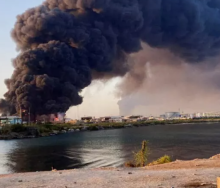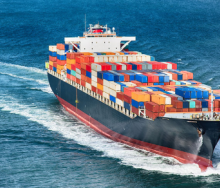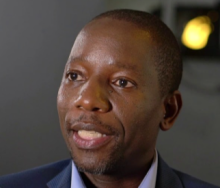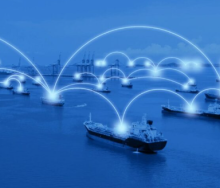Transnet Freight Rail (TFR) has welcomed the government’s move to temporarily ban the export of scrap metal while it works at regulating the trade.
Trade Industry and Competition Minister Ebrahim Patel this week announced the government’s plans to regulate the industry and place a six-month ban on the export of scrap and waste metal to make it harder for criminals to sell stolen cable, copper and scrap metal.
Patel was speaking at a joint media briefing with Public Enterprises Minister Pravin Gordhan in Cape Town on Wednesday.
The six-month ban starts today (December 2).
Patel said the government planned to implement a licensing system for copper trading, which would be launched in six months. Amendments to existing legislation, including a ban on cash transactions involving waste or scrap metal, will be gazetted.
Buyers will have to produce an electronic banking record for the scrap metal they own, and copper waste and scrap metal sellers will have to be registered. Buyers and sellers will also need tax clearance and be required to submit trading transactions to a centralised database.
"Only registered buyers will be able to purchase from registered sellers," Patel said. According to Gordhan, scrap metal and copper cable theft costs the economy more than R47 billion in damages annually.
TFR said in a statement on Friday that it welcomed the move to regulate the industry to limit damage to infrastructure and the economy.
“We are pleased that government has acted decisively against the scourge of metal theft that doesn’t just plague Transnet, but the country as a whole. Transnet Freight Rail has a rail network infrastructure of 30 400 kilometres in track, and theft and vandalism of our infrastructure results in delays on the system and possible derailments.
TFR has long viewed this as economic sabotage.”
More than 377 export coal train trips, an average of 11 a week, have been cancelled since April 1, due to security incidents.
“In the first eight months of the financial year, TFR has lost 742kms of cable nationally,” TFR
The parastatal added that coal customers had assisted it to fund security on the North corridor from Ermelo to Richards Bay, which allowed it to deploy additional security task teams and drones. This had led to a 30% reduction in security incidents.
However, the security incidents have not reduced sufficiently to completely reduce the impact on train cancellations.
“TFR looks forward to government’s finalisation of a more permanent legislative solution to curb cable theft.”
